Your next new Jaguar or Land Rover could be able to tell when you or a passenger are feeling unwell, and then take steps to cure your motion sickness under a radical new plan outlined today.
In news that will spark joy among those impacted by motion sickness, Jaguar (and Land Rover) is committing plenty of its research might into investigating the key causes of car sickness and how to avoid it occurring.
The move is in preparation for our predicted autonomous future, when self-driving cars are expected to turn our vehicles into mobile offices or living rooms. But with no driving to focus on, the risk of getting car sick increases.
In JLR's vision of this future, you won't even need to tell your car you're feeling unwell, with future product to be equipped with an algorithm that can read every passenger's "wellness score", and then take steps to avoid anyone feeling too sick.
The idea is that the score will prompt the vehicle into adjusting its dynamic and cabin settings, which JLR says can reduce the effects of car sickness by up to 60 per cent. The company has so far logged some 24,000kms of motion-sickness testing (things like reading emails while in motion) for its research.
“As we move towards an autonomous future where occupants will have more time to either work, read or relax on longer journeys, it's important we develop vehicles that can adapt to reduce the effects of motion sickness in a way that's tailored to each passenger," says JLR wellness technology researcher, Spencer Salter.
The brand's wellness score system is designed to determine how likely a driver or passenger are to feel ill, and then record warning signs of impending sickness using biometric readings. That data is then cross-referenced with the car's on-board motion-sensors to form a picture of when someone on board is likely to feel ill.
“This cutting-edge research has created a solution that, with its solid scientific foundation, can make travelling enjoyable, regardless of your susceptibility to motion sickness," says JLR chief medical officer, Dr. Steve Iley.







.jpg)
.jpg)
.jpg)

.jpg)
.jpg)
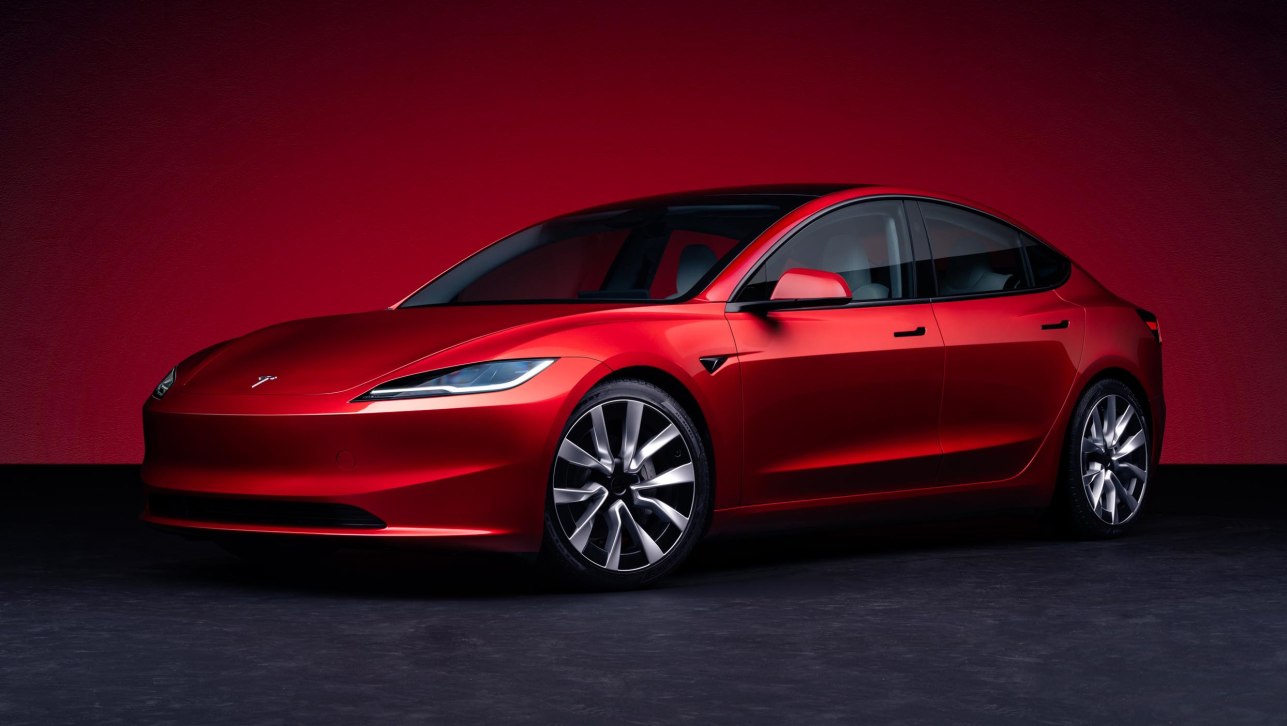

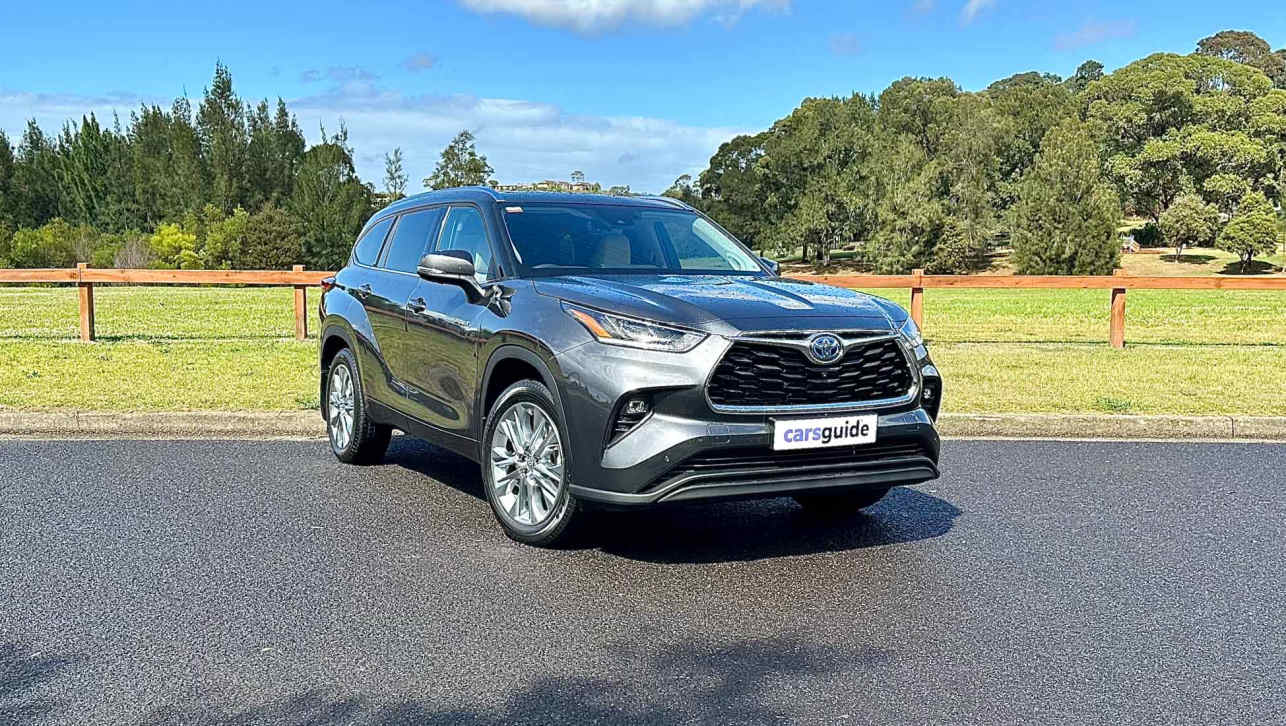

.jpg)
.jpg)

.jpg)
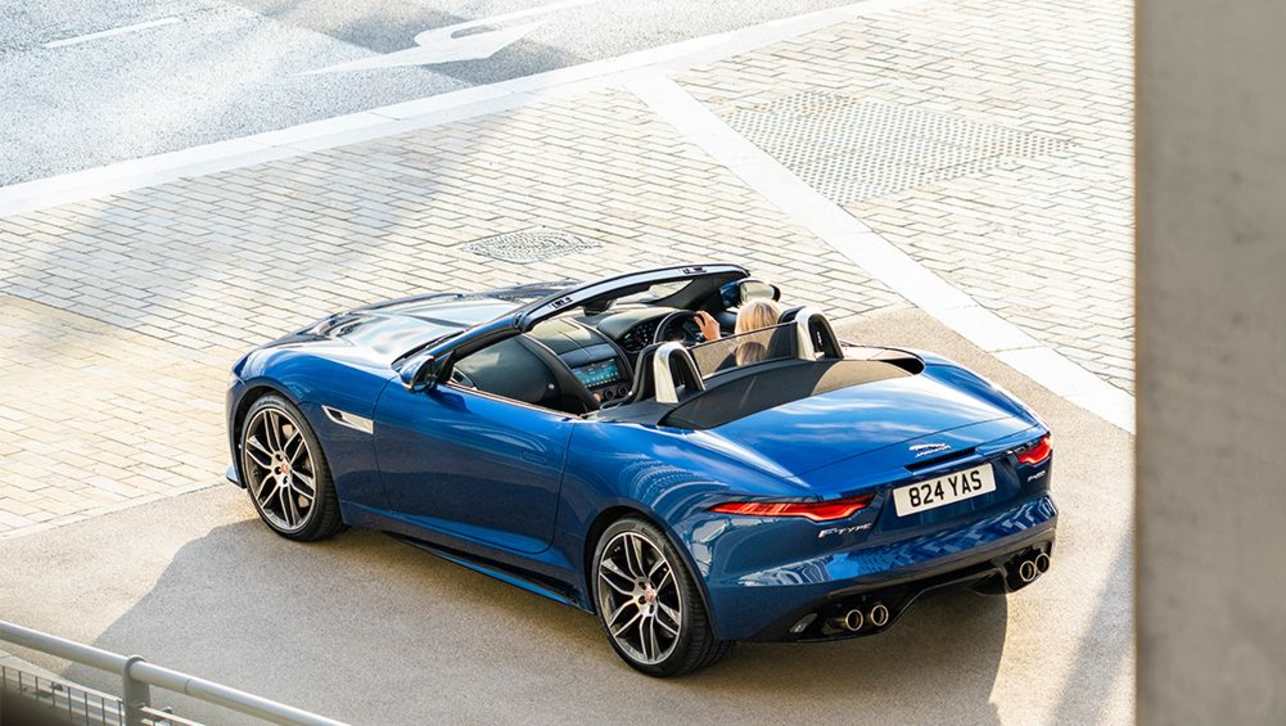


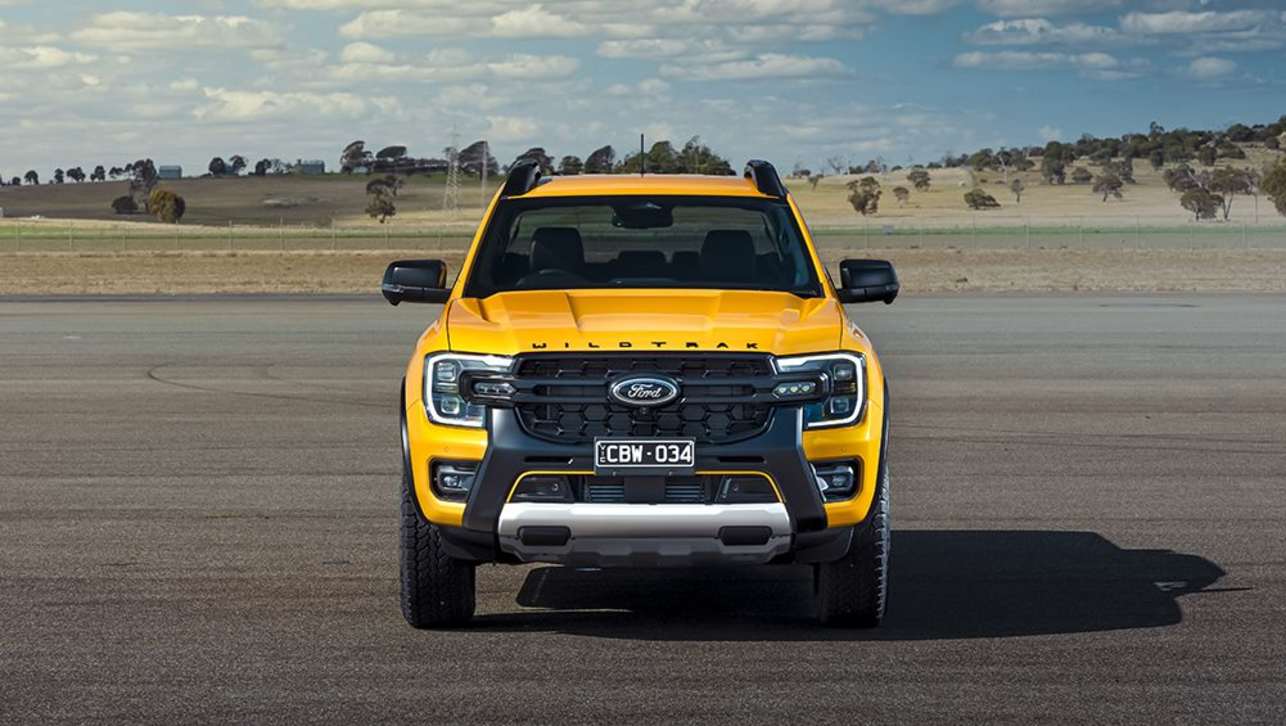
.jpg)



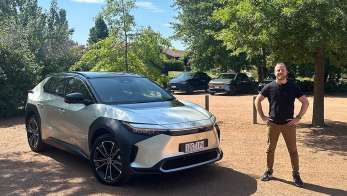
Comments